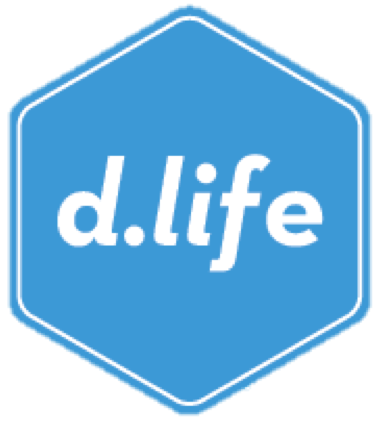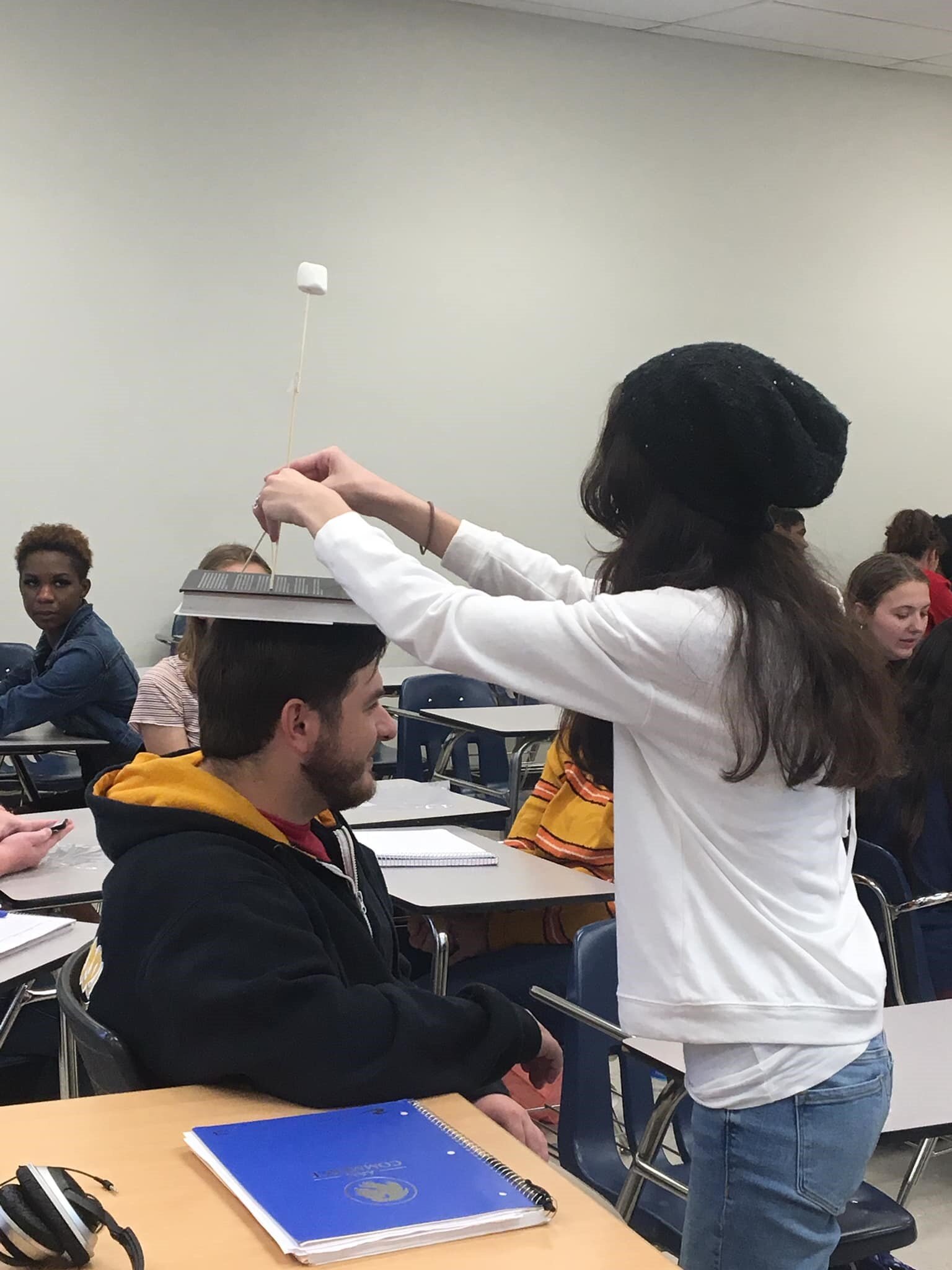Texas A&M life designs with every freshmen and all the sophomores at risk of dropping out.
FROM Yvonne Villanueva-Russell
At Texas A&M University-Commerce, life design is not only embedded in a course, but the foundation of our college. A new presidential initiative in 2019, the College of Innovation and Design (CID) fosters radical collaboration between departments, industry and the larger community to build new degree programs, badges and student experiences. CID is dedicated to lifelong learning, serving incoming freshmen but also adult completers seeking to pivot into promotions or encore careers.
Design thinking is incredibly adaptable—two teams of Stanford-trained facilitators from Career Development and University College (a division dedicated to freshmen advising and retention) have prototyped design thinking in the recruitment of high school students, with our undergraduates and undecided/uncertain students, in career development workshops, (2 hr. and 2 day workshops) have utilized modules for the professional development of staff, and used brainstorming with campus partners to ideate new initiatives for our university. CID prides itself on being agile with a bias towards action, expanding life design to probation & suspension students in 2020.
Our most impactful, but also most risky prototype has been to scale-up and deliver the Design Your Life (DYL) curriculum to all incoming freshmen. For the past two years, we have offered 52 sections of University College 101. Eight of the 12 weeks in the course are dedicated to a scaffolded DYL model. In place of an instructor and facilitators, our course is taught by 35 peer mentors: upperclassmen who are selected by a rigorous interview process. These undergraduate students go through a pre-semester workshop, and then are prepped by the dean or director (both attendees of Life Design Studio) each Monday in advance of the lesson they will teach (1 hr./week; zero credit hours). Freshmen in the class use a “ticket out the door” technique to provide instant feedback to the peer mentor. The peer mentor provides this information as well as a self-reflection and self-critique to their executive mentor and the director every week.
Our UNCO 101 course uses a pre-test/ post-test assessment survey modelled after the work being done at California State Dominguez Hills, specifically measuring attitudinal change via the Career Anxiety, Hope for the Future, and Internal Self- Regulation scales.
COVID-19 update:
The pandemic heightened the need for agility and resilience. Shortly before the start of the fall 2020 academic year, the decision was made to switch all face to face courses to an online format. This meant a major pivot from planned interactive classes, to low/no-tech, synchronous lectures broadcast to students via the LMS. This was made more challenging for our peer mentors, who had no online teaching experience. Some modules, like 30 circles were easily adapted but the networking activity had to be radically altered. Other modules, like Odyssey plans were still possible, but involved small breakout groups and reliance on students holding up their projects to their cameras to illustrate and supplement discussion. One plus of going online: quality checks by the director were made more efficient, as every lecture was recorded and viewable at any time for peer review.
In the fall 2021 academic year, we returned to face to face instruction. Still, there were cases where students or peer mentors needed to participate remotely because of COVID. While the live class is the norm, we have pre-recorded a version of each week’s modules to be used for those who need to make-up the lesson. Peer Mentors volunteer to videotape themselves, and work with the assistant director to modify and present the week’s lesson as an asynchronous offering. The module is “hidden” in the LMS, and only used upon request. We are now amassing a repository of recorded modules that can be used for future occasions, workshops or learning opportunities.
Our model has been successful in the following ways:
DYL is an unavoidable part of the freshmen experience at Texas A&M University-Commerce, offered in small courses (1:25) for 1,000+ students.
DYL empowers students rather than faculty or staff to serve as facilitators.
DYL is a dedicated, scaffolded theme of the course
A rigorous interview and selection process has made the peer mentor position one of the most highly coveted student worker positions on campus.
Allowing students to contribute to the lesson plans and utilizing peer review has been empowering for the students and develops their leadership skills.
Our model is also risky in the following ways:
Quality control is a concern. Students as teachers teaching dozens of sections may lead to inconsistencies in content and delivery.
Students do not voluntarily take the course. Some students may not be receptive or ready to tackle the big questions posed by life design.
Our takeaways and tips for others:
Design thinking lends itself to almost any audience or wicked problem in academia. Design thinking is effective for both students and staff, but can also be applied at an administrative level to build curriculum and/or new programs.
Design thinking is a sophisticated paradigm rather than a mere toolkit. Our first prototype used modules as fun, but random active learning exercises. Students did not see design thinking as a coherent and intentional series of lessons applicable to their future. Try using the modules back to back in a block of your (freshmen) course, unpacking each one before building on it with another. Experiment with the order of modules to reach the desired objective or lesson. We have yet to know the number of modules it takes to make DYL an “authentic” experience for students. Five modules at random times was not enough. We are hoping eight successive weeks will be transformative for students. Having an assessment tool to measure “success” is crucial.
Design thinking cannot be taught by just anyone. The magic of design thinking can be dampened by the wrong didactic style. Dedicated spot-checks on instructors or peer mentors must be ongoing. Yet, design thinking cannot simply be a sacred trust held by those who have attend Life Design Studio. To be sustainable, you need a process to instill these lessons and prepare an entire team of facilitators to carry DYL far and wide.


